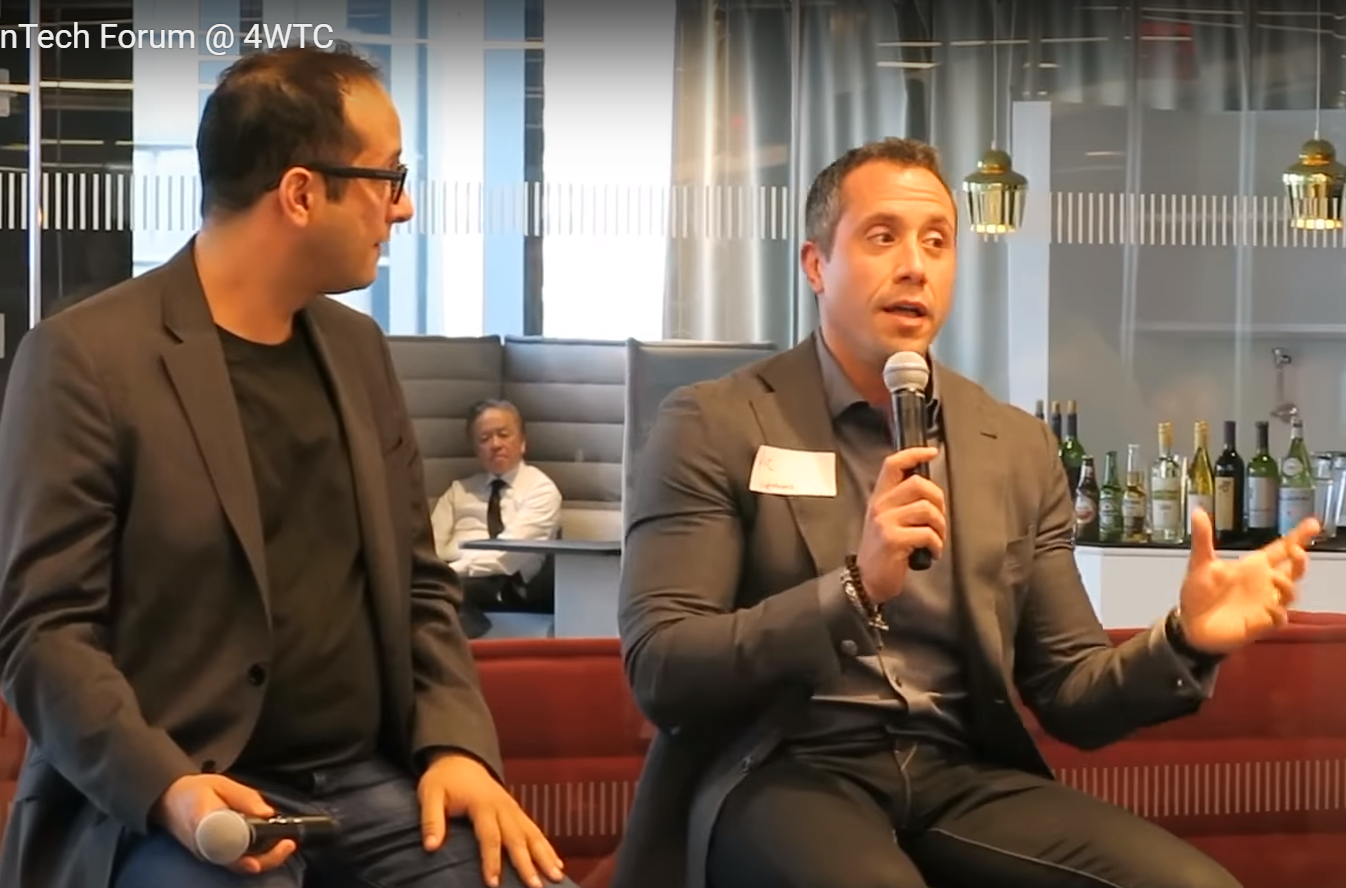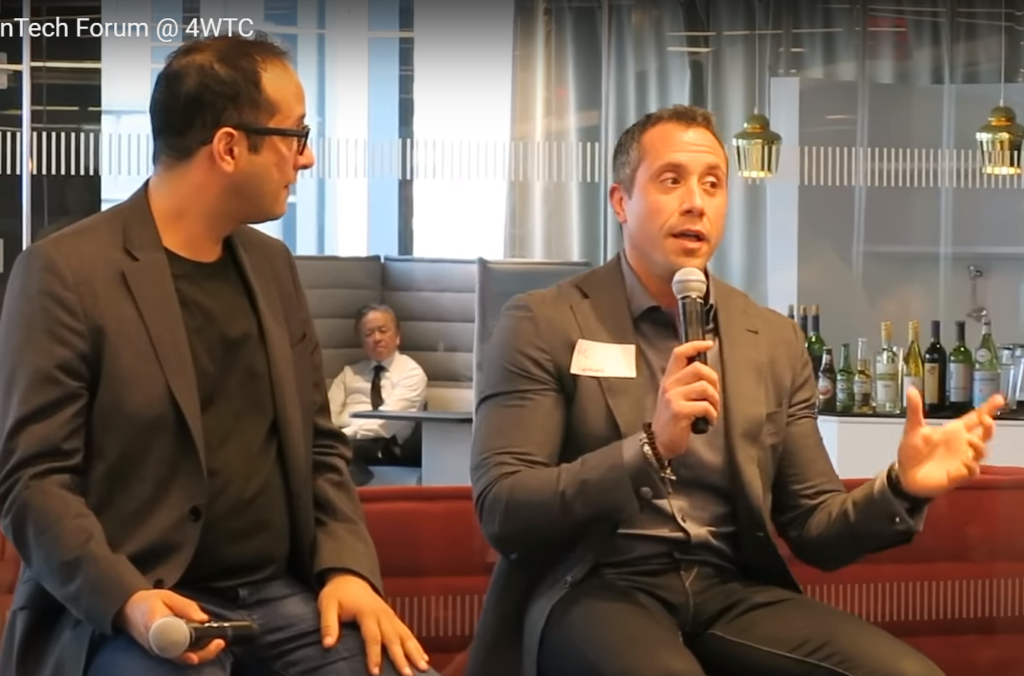
Regulators worldwide, but especially in the United Kingdom and Singapore, are starting to see themselves as FinTech change agents: they are working to define new regulatory regimes to fit today’s rapidly evolving financial products.
FinTech startups and investors must pay close attention, according to speakers at the Morningstar FinTech Forum, held on May 24 in New York. New regulatory regimes for vastly new financial products—from investments to money itself—provide opportunities to innovate. Diligent entrepreneurs can find opportunities to deliver to customers within new regulations and to provide tools for other FinTech entrepreneurs to comply.
“Regulators are part of the FinTech ecosystem,” says Rob Pinkerton, chief marketing officer, Morningstar. “Regulatory trends are an opportunity because they allow investors to better understand their investments, even though it may present some challenges.” A case in point is the application of the Best Interest Rules of the Department of Labor, standards that were inevitable and consistent with what is happening in other jurisdictions.
The biggest regulatory challenges are faced by entrepreneurs that don’t understand regulation or try to interpret them broadly. “There is no such thing as a minimum viable product in FinTech,” says Victor Pascucci III, managing partner at Chicago-based LightBank, referring to a method of lean startup development in which a product with minimum functions is released into the market to test how well it works. “You have to comply with regulations.”
Victor Pascucci III, managing partner, LightBank
The best investors do not consider FinTech firms that play around the edges of regulatory compliance.
Incumbent financial institutions are well versed in regulatory compliance, which is one of the biggest assets they can bring to a FinTech partnership. Investment advisors, insurers, and bankers understand that from long experience working in the consumer interest with watchful regulatory eyes looking over their shoulders. FinTech firms are wise to follow their lead.
Conversely, FinTech firms are ideally positioned to tinker with new models and offerings and validate assumptions with regulators. Incumbents cannot engage with regulators and say the wrong thing—this this is an opportunity for startups as opposed to incumbents. “Regulators look at what you say you are, not at what you do,” Pascucci says.
The loss of consumer trust that occurs with a breach can kill a financial brand faster than anything else, whether it’s because consumers abandon it or regulators shut it down. “You need to make sure that you are building a brand,” says Malik Yacoubi, chief digital officer at the Cossette marketing agency and chairman, X1lab.com.
“You can destroy a brand within seconds. The consumer wants to trust you but at the same time, they can destroy you very fast. You need to follow the rules.”

